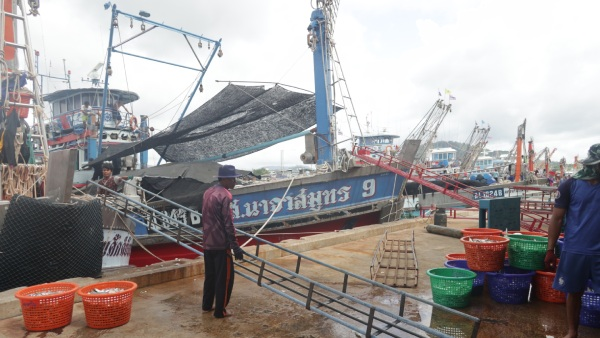As the European Commission and Thailand enter a fifth round of trade negotiations this week, Spanish fishing communities are intensifying calls to exclude tuna from any potential agreement, according to Euractiv.
Alfonso Rueda, president of Spain’s northwestern Galicia region, home to a major fishing fleet, vowed to resist any liberalisation of tuna imports under the proposed EU-Thailand free trade agreement (FTA).
It is fundamental and we will fight for it. It is our right and Galicia has a lot at stake.
The stakes are high: Spain accounts for 88% of EU tuna catches, with Europeans consuming nearly 3 kilos of tuna per capita annually, according to 2024 EU data.
Meanwhile, Thailand, the world’s top exporter of preserved tuna, faces a 24% tariff on its current EU-bound shipments, capped at 10,000 tonnes. Removing the barriers could flood the market with cheaper Asian products, industry groups warn.
In a sharp rebuke, Europêche, the EU fishing industry lobby, argued that tariff-free Thai tuna would “automatically lead to a massive influx of imports,” undercutting European fleets committed to stricter sustainability standards. Xavier Leduc, head of Europêche’s tuna division, cautioned that Thai-processed tuna, sourced from “low-standard Asian fisheries,” threatens Europe’s “sustainable” fishing sector.
The European Commission aims to finalise FTAs with both Thailand and India by year’s end, seeking new markets for EU goods. However, with Spain’s influential fishing industry pushing back, negotiators face a delicate balancing act, one that could determine the future of Europe’s seafood trade.
